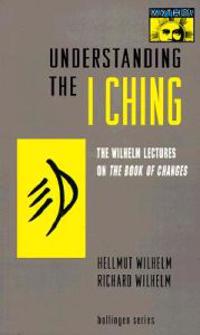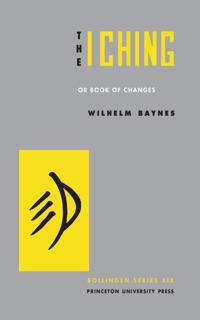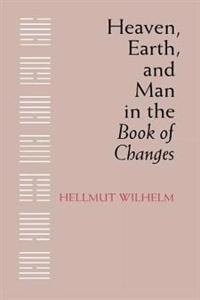Understanding the "I Ching": The Wilhelm Lectures on the Book of Changes (Häftad)
avHellmut Wilhelm
ISBN: 9780691001715 - UTGIVEN: 1995-06The West's foremost translator of the "I Ching, " Richard Wilhelm thought deeply about how contemporary readers could benefit from this ancient work and its perennially valid insights into change and chance. For him and for his son, Hellmut Wilhelm, the "Book of Changes" represented not just a myste[...]
The I Ching or Book of Changes (Inbunden)
avRichard Wilhelm, Hellmut Wilhelm
ISBN: 9780691097503 - UTGIVEN: 196710The "I Ching," or Book of Changes, a common source for both Confucianist and Taoist philosophy, is one of the first efforts of the human mind to place itself within the universe. It has exerted a living influence in China for 3,000 years, and interest in it has been rapidly spreading in the West.[...]
Heaven, Earth and Man in the "Book of Changes" (Häftad)
avHellmut Wilhelm
ISBN: 9780295956923 - UTGIVEN: 1977-06The I Ching, or Book of Changes, was the first of the Five Confucianist Classics and served as the well-spring of both Confucianist and Taoist thought. Following in the tradition of his father, Richard Wilhelm who made the best known and most respected translation of the I Ching, Hellmut Wilhelm her[...]





